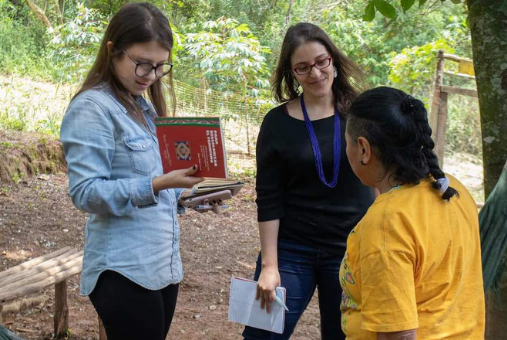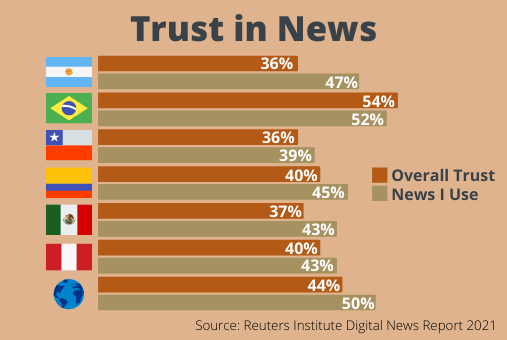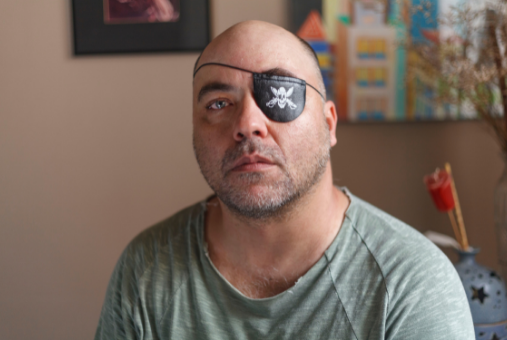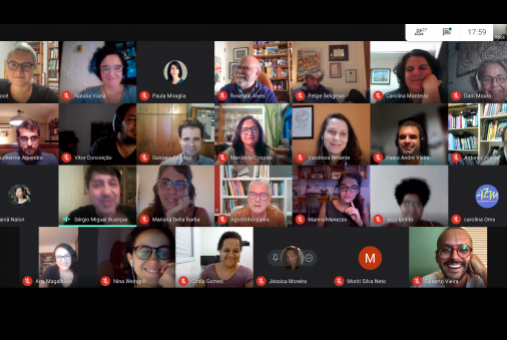
In recent years, various digital media in Latin America, from Mexico to Chile, have decided to translate and create content in English as a way to reach new audiences and thus increase their profits. Although, sometimes that’s easier said than done.

The diagnosis was made by Brazilian researcher Giuliander Carpes, a doctoral candidate in communication and information sciences at the University of Toulouse III who has just published a study on the subject

The mission of the Network of Journalists for Diversity in Communication is to increase the representation of Black journalists in Brazilian media. Formed in 2018, initially through a group on WhatsApp to share job opportunities among Black journalists, the network has evolved to establish partnerships with human resources companies and international organizations and now has more than 200 journalists.

This story was originally published by the Reuter's Institute at the University of Oxford and has been republished here with permission. The pandemic has worsened the economic outlook for many news publishers. At the same time, it has afforded an opportunity to diversify revenue streams by offering service journalism and editorial products more directly connected to readers’ […]

Twenty one media outlets from nine countries in Latin America will benefit from US $2 million as part of the Google News Initiative (GNI) Innovation Challenge to improve operations, strengthen business models, create new products and more. “Innovating, essentially, is developing creative and transformative processes and exploring new approaches to change the way an organization […]

Seventy stories and still counting. This is the main result of an ongoing struggle waged since 2017 for the disclosure of all pension and retirement payments from the Brazilian government. On the front line is Fiquem Sabendo, a journalism agency specializing in the country’s Freedom of Information Act.

Black Adnet is a network of 26 independent digital media outlets spread across Brazil, with a total audience of 2.5 million unique users per month, that aims to connect major brands with collectives and media outlets

Globally, trust in the news grew six percentage points and reached 44 percent, according to the 2021 Digital News Report, by the Reuters Institute. In the six Latin American countries investigated, however, general trust in the news is lower, reaching an average of 40.5 percent. In the region, confidence is lowest in Argentina and Chile (36%) and highest in Brazil (54%).

A decision by the Supreme Court of Brazil recognized the right to compensation in the case of a photojournalist who was blinded after being hit by a rubber bullet 21 years ago. The sentence potentially opens the door for other journalists who have been injured in similar situations and are fighting for their rights to be recognized.

Brazilian journalists working in China alert to a growth of disinformation and synophobia.

A group of 30 innovative, independent online journalism organizations committed to diversity and democracy took advantage of National Press Freedom Day in Brazil to officially launch AJOR - the Digital Journalism Association.

The information on the profile of journalists killed in the last decade in the four countries of the region with protection mechanisms makes clear the need to strengthen them. The data was obtained during the development of the project 'In Danger– Analysis of journalist protection programs in Latin America' carried out by RSF with the support of Unesco.